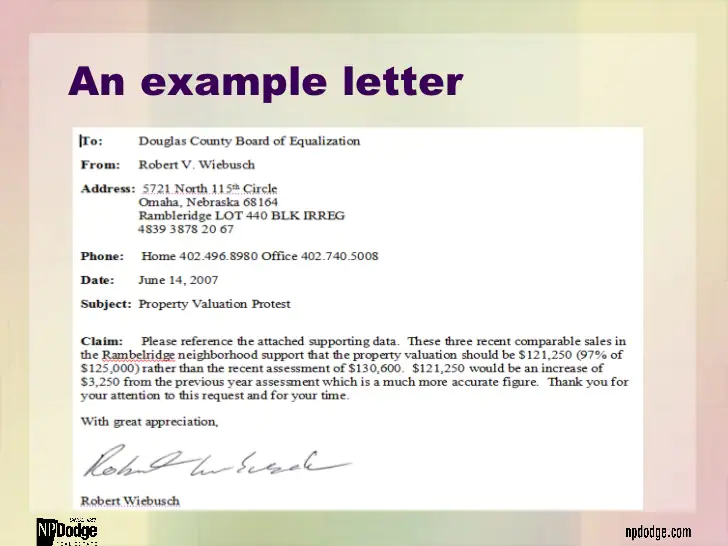Content

A periodicstatement, usually monthly, that a bank sends to the holder of a checkingaccountshowing thebalance in the account at the beginning of the month, during, and at the end of the month. Written communication issued by an independent CERTIFIED PUBLIC ACCOUNTANT describing the character of his or her work and the degree of responsibility taken. A way of measuring how profitably and efficiently assets are being used to produce sales.

The goods on hand at any one time that are available forsaleto customers in the regular course of business. The amount added to the price of a product by a retailer to arrive at a selling price. Stocks and othernegotiableinstruments which can be easily bought and sold on either listedexchangesorover-the-countermarkets. Buying or selling aSECURITYto create a false appearance of active trading and thus influence other investors to buy or sell shares. HOLDING PERIODof six months or longer, according to theTaxReform Act of 1984 and applicable in calculating the CAPITAL GAINS tax until 1988.
Consolidated Financial Statements
Percentage of the selling price of the property, paid by the seller. Formalinstrumentissued by a bank upon the deposit of funds which may not be withdrawn for a specified time period. Anylossof anassetdue to fire storm act of nature causing asset damage from unexpected or accidental force.
An exclusive right granted by the federal government to the possessor to publish and sell literary, musical, or other artistic materials for aperiodof the author’s life plus 50 years, including computer programs. Tests directed toward the design or operation of aninternal controlstructure policy or procedure to assess its effectiveness in preventing or detectingmaterialmisstatements in a financialreport. A taxpayer is considered to have received theincomeeven though the monies are not in hand, it may have been set aside or otherwise made available. Controls that exist at thecompanylevel that have an impact on controls at the process,transaction, or application level. An alliance of five professional organizations dedicated to disseminating appropriateinternal controlstandards.
My Account
But not all small business owners can pursue formal financial training. Some students enter accounting programs with little technical knowledge — and that is OK. This guide is an easy-to-use resource for developing the vocabulary accounting professionals use. It was developed for students and entrepreneurs to build their familiarity with accounting vocabulary. Explore basic accounting terms, acronyms, abbreviations, and concepts everyone should know.

The grant date for an award of equity instruments is the date that an employee begins to benefit from, or be adversely affected by, subsequent changes in the price of the employer’s equity shares. Procedures performed by underwriters in connection with the issuance of a SECURITIES EXCHANGE COMMISSION registrationstatement. These procedures involve questions concerning thecompanyand its business, products, competitive position, recent financial and other developments and prospects. Also performed by others in connection with acquisitions and other transactions. Requirement found in ethical codes that the person governed by the ethical rules exercise professional care in conducting his or her activities. National professional membership organization that represents practicing CERTIFIED PUBLIC ACCOUNTANTS .
Limited Liability Company (LLC)
The allowance is designed to prevent too much taxes being withheld from a taxpayers wages and a person can compute this by completingform W-4and submitting it to their employer. Confirm the auditor’s understanding of the process flow of transactions. Total number of stock shares, bonds, orCOMMODITIESfutures contracts traded in a particularperiod. Rate of spending, orturnoverof money- in other words, how many times a dollar is spent in a givenperiodof time. Total costs that change in direct proportion to changes in productiveoutputor any other measure ofvolume.

EAs must earn licensure from the IRS by passing a three-part exam or accruing direct experience as an IRS employee. We also explain relevant etymologies or histories of some words and include resources further exploring accounting terminology. James M. Tobin is a writer, researcher, and editor specializing in student reference and academic research materials related to technology, business, finance, law, and the humanities. He began his professional career in editorial services in 2001 and…
The articles and research support materials available on this site are educational and are not intended to be investment or tax advice. All such information is provided solely for convenience purposes only and all users thereof should be guided Accounting Definition accordingly. An asset increases the wealth of a person, firm, or country whereas an expense reduces it. Expense is an outflow of cash or diminution in the value of an asset. Alternatively, an expense is the cost involved in earning income.
And they must be filed timely or the y may not be considered as filed. Independent, private, non-governmental authority for the establishment ofACCOUNTINGprinciples in the United States. UnderlyingACCOUNTINGdata and other corroborating information that support theFINANCIAL STATEMENTS.
Statement of Financial Accounting Standards (SFAS)
Prepare the adjusted trial balance to ensure these financial balances are materially correct and reasonable. Post adjusting journal entries at the end of the period to reflect any changes to be made to the trial balance run in Step 3. However, modern accounting as a profession has only been around since the early 19th century. Accounting is an important function of strategic planning, external compliance, fundraising, and operations management.
- The period includes all changes in equity except those resulting from INVESTMENTS by owners anddistributionsto owners.
- Instead,taxable incomeof the corporation is passed through to its stockholders in a manner similar to that of aPARTNERSHIP.
- Without accounting, a company may have a hard time keeping track of who owes it money and when that money is to be received.
- Financial accounting focuses on classifying, recording, summarization, interpreting, and reporting business transactions.
- Accounting can be classified into two categories – financial accounting and managerial accounting.
- Consider the example of Nestle Holdings Inc. and its 2020 financial statements.
SECrequirement in financial reporting for an explanation bymanagementof significant changes in operations, ASSETS, andLIQUIDITY. ADEBTthat falls due more than one year in the future or beyond https://quick-bookkeeping.net/what-is-self-employment-tax-2021/ the normalOPERATING CYCLE, or that is to be paid out of noncurrent assets. To put money into something such as property, stocks, or a business, in order to earnINTERESTor make aprofit.
Financial Statements
The term is sometimes used alongside “operating cost” or “operating expense” . OPEXs describe costs that arise from a company’s daily operations. It is a more complete and accurate alternative to single-entry accounting, which records transactions only once.
- Each taxpayer is allowed to claim awithholding allowance, which exempts a certain amount of wages from being subject toWITHHOLDING.
- This guide is an easy-to-use resource for developing the vocabulary accounting professionals use.
- Credits are accounting entries that increase liabilities or decrease assets.
- Furthermore, the number of transactions entered as the debits must be equivalent to that of the credits.
- DebitDebit represents either an increase in a company’s expenses or a decline in its revenue.
Accountants are responsible for maintaining records of a company’s daily transactions and compiling those transactions into financial statements such as the balance sheet, income statement, and statement of cash flows. Accountants also provide other services, such as performing periodic audits or preparing ad-hoc management reports. In most cases, accountants use generally accepted accounting principles when preparing financial statements in the U.S. GAAP is a set of standards and principles designed to improve the comparability and consistency of financial reporting across industries.
